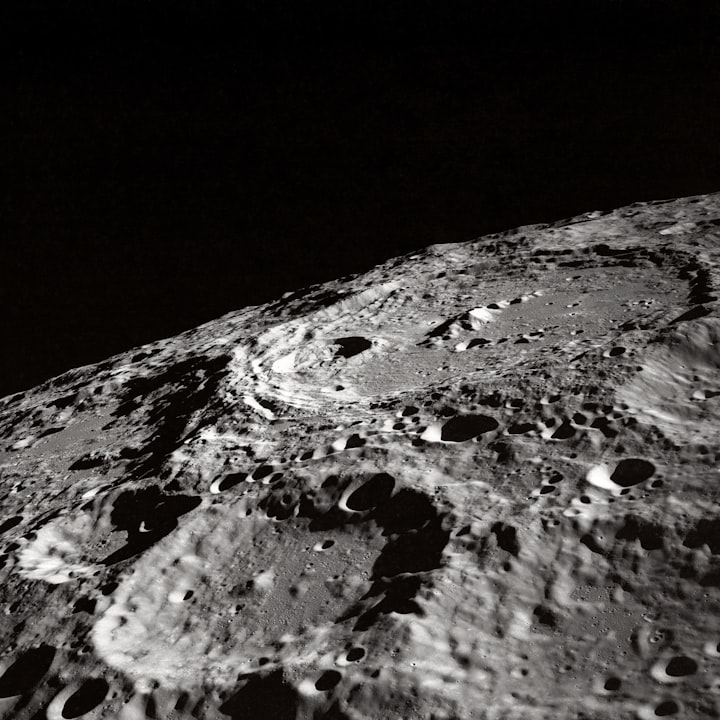Japan's ispace has suffered a setback in its lunar exploration program with the news that its lunar lander, the Hakuto-R, likely crashed on the moon's surface during its attempted landing on April 23, 2023. This news has disappointed space enthusiasts around the world who had been eagerly watching the mission. The failure is a reminder of the challenges and risks of space exploration, but it is also a testament to the courage and perseverance of the individuals and organizations involved in these missions.
The Hakuto-R was launched as part of the second mission of the HAKUTO lunar exploration program, which is focused on developing technology for a future lunar resource utilization mission. The program aims to develop a sustainable infrastructure for human exploration and settlement of the moon, and the Hakuto-R was designed to test technology for mining water from the moon's poles to support human settlements.
The landing attempt was being closely watched by space enthusiasts and scientists around the world as it was one of the first private missions to attempt a soft landing on the moon. The spacecraft was equipped with a series of cameras that would have provided live footage of the landing, but unfortunately, the live broadcast was cut off after the spacecraft descended to an altitude of 16 meters above the lunar surface.
The ispace team has not yet released any details on the cause of the crash. However, the company's President and CEO, Takeshi Hakamada, expressed his disappointment over the failure, saying that the team had worked hard to achieve the mission's goals. The loss of the spacecraft is a significant setback for the HAKUTO program, but ispace remains committed to continuing its lunar exploration program.
Despite the setback, the HAKUTO program has already made significant progress in advancing the frontiers of space exploration. The program is part of a growing trend of private space exploration, which is driving innovation and new technologies in the space industry. Companies like ispace are helping to open up access to space for more people and organizations, and are working to make space exploration more affordable and sustainable.
Private space exploration has come a long way in recent years, with several companies making significant progress in developing technology for space exploration. One of the most exciting developments has been the increasing availability of reusable rockets and spacecraft, which has significantly reduced the cost of launching payloads into space. Companies like SpaceX and Blue Origin are leading the way in this area, and are making space exploration more accessible to a wider range of organizations and individuals.
The HAKUTO program is an example of how private companies are taking a different approach to space exploration than government agencies. Private companies are more nimble and agile than government agencies, and can often move faster in developing new technology and bringing it to market. They are also more focused on commercial applications of space technology, which has the potential to create new industries and drive economic growth.
Despite the challenges and risks of space exploration, there is a growing sense of excitement and optimism about the future of space exploration. Private companies are driving innovation and making space exploration more accessible than ever before, while government agencies continue to push the boundaries of what is possible in space. Together, they are advancing the frontiers of human knowledge and helping to create a better future for all of us.
The failure of the Hakuto-R landing is a setback for the HAKUTO program, but it is important to remember that setbacks are a natural part of the process of exploration and discovery. Every failure is an opportunity to learn and improve, and the lessons learned from this setback will undoubtedly inform future missions and help to advance the frontiers of space exploration. The Hakuto-R may have crashed on the moon's surface, but its legacy will live on in the form of the knowledge and experience gained from its mission.
About the Creator
Reader insights
Good effort
You have potential. Keep practicing and don’t give up!
Top insight
Easy to read and follow
Well-structured & engaging content






Comments
There are no comments for this story
Be the first to respond and start the conversation.